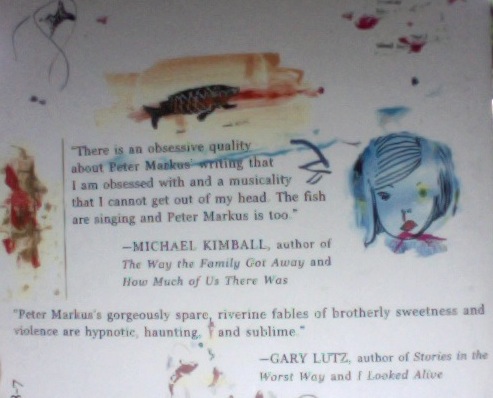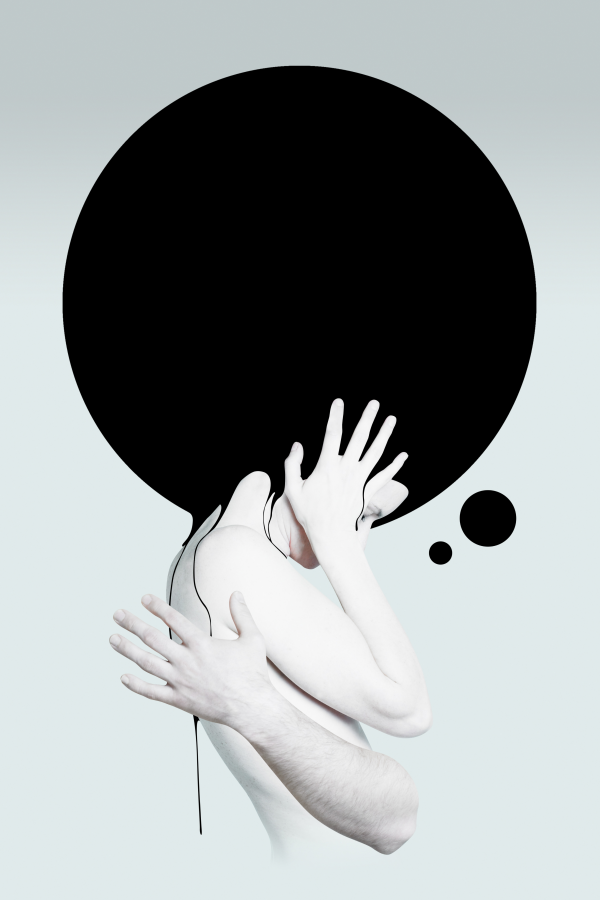Someone on my Facebook suggested that Internet Literary Writers are not intellectuals.
That they are actually anti-intellectual.
They stated that we speak nonsense.
That it isn’t helping the culture.
I went to the park and sat on a swing for two days wondering, “Am I anti-intellectual? What does it mean to be anti-intellectual? And if I am being anti-intellectual, how am I doing such a thing?”
Then I read some Sam Pink to see, I read this line, “I went to the cantaloupe section and looked at the cantaloupes.”
I stared at the line for a long time. I even counted the syllables. I counted 16 syllables. It has a little meter but not much. I could see the word cantaloupes repeated. Sam Pink is trying to imply the absurdity of cantaloupes to us. A strange round plant that is like a vegetable because it grows on the ground but is actually a fruit because the seeds are contained inside of it. Maybe he is putting out a metaphor here, a fruit that grows like a vegetable. Perhaps Sam Pink is saying he is confused about his identity like the cantaloupe is about his.
The strangest thing about the cantaloupe line is the etymology of the word “cantaloupe.” The word cantaloupe comes from the Latin word Cantalupe. Even if you know a little Spanish you can see quickly that canta lupe means “singing wolf.” Perhaps Sam Pink is trying to convey that he is like the Cantaloupe a “singing wolf.” But to go deeper a “lupe” was a prostitute in ancient Rome, so maybe Sam Pink is also saying that he is a prostitute to modern America’s corporate capitalism and even though he is suffocated by inverted-totalitarianism he will still sing his song.
And strangely it goes into Heidegger’s idea of Being. As soon as the character enters the grocery store, he knows his next move into the future. He knows his habits. He goes forward in a predictable mechanical fashion. But at the same time of being in the modern world of gadgets he needs the most primitive of things, food.
As Socrates said in Plato’s Apology,
When I left the politicians, I went to the poets; tragic, dithyrambic, and all sorts. And there, I said to myself, you will be detected; now you will find out that you are more ignorant than they are. Accordingly, I took them some of the most elaborate passages in their own writings, and asked what was the meaning of them – thinking that they would teach me something. Will you believe me? I am almost ashamed to speak of this, but still I must say that there is hardly a person present who would not have talked better about their poetry than they did themselves. That showed me in an instant that not by wisdom do poets write poetry, but by a sort of genius and inspiration; they are like diviners or soothsayers who also say many fine things, but do not understand the meaning of them. And the poets appeared to me to be much in the same case; and I further observed that upon the strength of their poetry they believed themselves to be the wisest of men in other things in which they were not wise. So I departed, conceiving myself to be superior to them for the same reason that I was superior to the politicians.
5,000 years in a small hut in The Fertile Crescent a guy writes some lines in Cuneiform and shows his friend and his friend responds, “That isn’t correct Cuneiform, you have to write like this.” And that was the first literary argument.
 1. She brought him what she had promised, and they did it in his car, on the top floor of the car park, looking down onto the black flat roofs of buildings, and she said, or thought she said, “I like your skin,” when what she really liked was the color of her father’s skin, the mottled white of his arms and the clay color at the roots of the hairs along his arms.
1. She brought him what she had promised, and they did it in his car, on the top floor of the car park, looking down onto the black flat roofs of buildings, and she said, or thought she said, “I like your skin,” when what she really liked was the color of her father’s skin, the mottled white of his arms and the clay color at the roots of the hairs along his arms.


